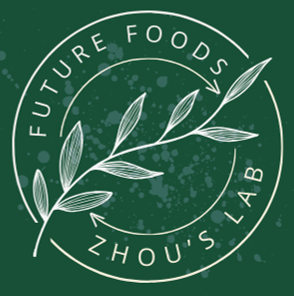Overview
Our research work involves utilizing and developing various food chemistry principles and techniques to explore their fundamental properties, innovative designs and fabrications, and practical applications in the development of desirable next-generation foods that excel in many aspects, such as sustainablility, health, and cost. My current research emphasizes utilizing plant-derived materials (e.g., plant proteins/polysaccharides and bioactive compounds) to achieve these goals in a sustainable and efficient manner.
Figure 1. Various characteristics of future foods.
MS-PhD-Postdoc
- Characterizations of plant-based meats (Postdoc, 2021-2023)
- Gastrointestinal fate of organic and inorganic nanoparticles in foods (PhD, 2017-2020)
- Food nanoparticles for enhanced the bioavailability of bioactive compounds (PhD & Postdoc, 2020-2023)
- Inorganic nanoparticles & their autophagic effects and toxicity (MS, 2014-2017)
Future Foods & Biomaterials
- Bioactive compound-loaded nanoparticles (2023-Now)
- Health-promoting curcumin-infused milks (2023-2025)
- Plant-based meat, egg, and fat (2020-2023)

